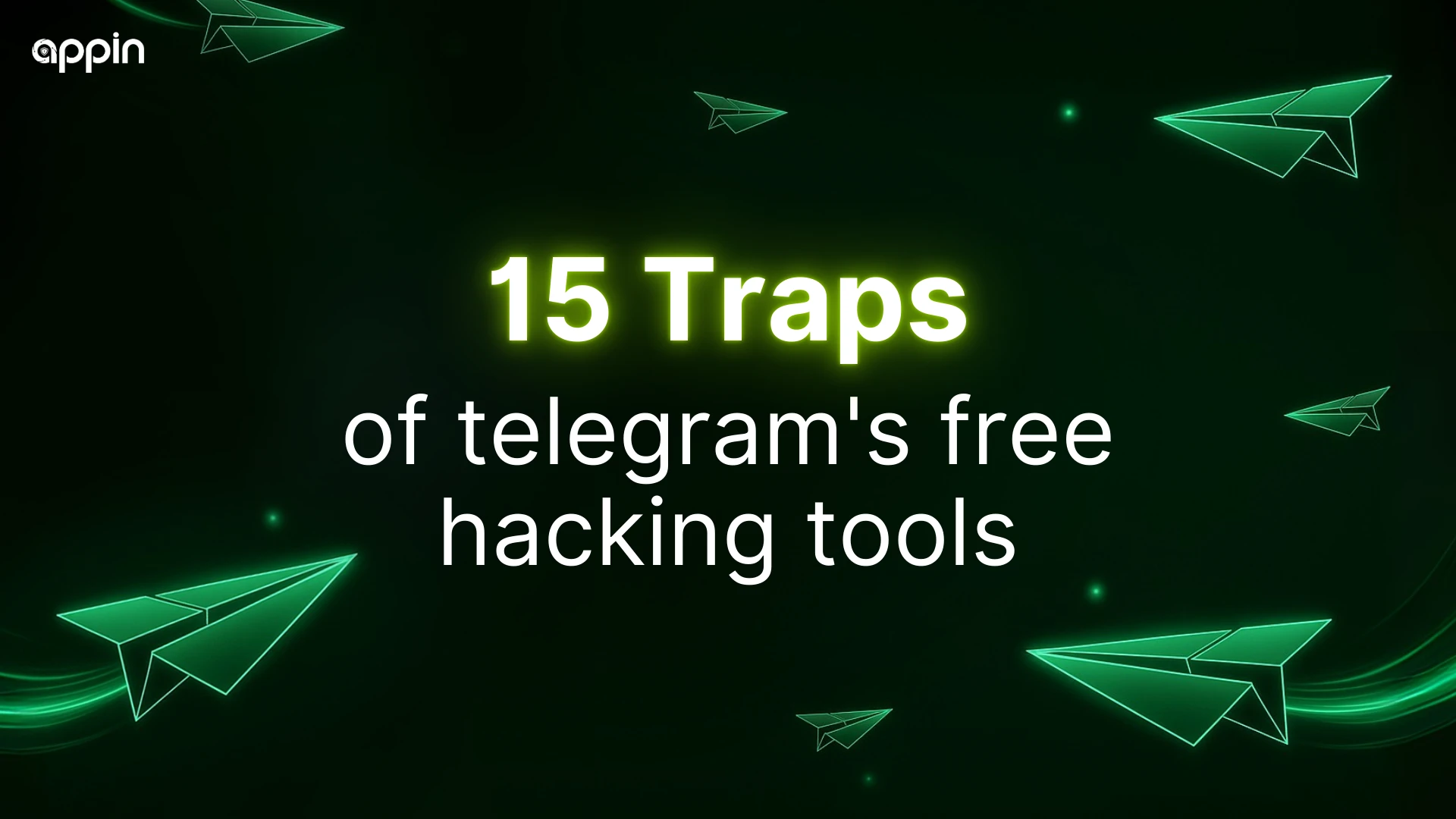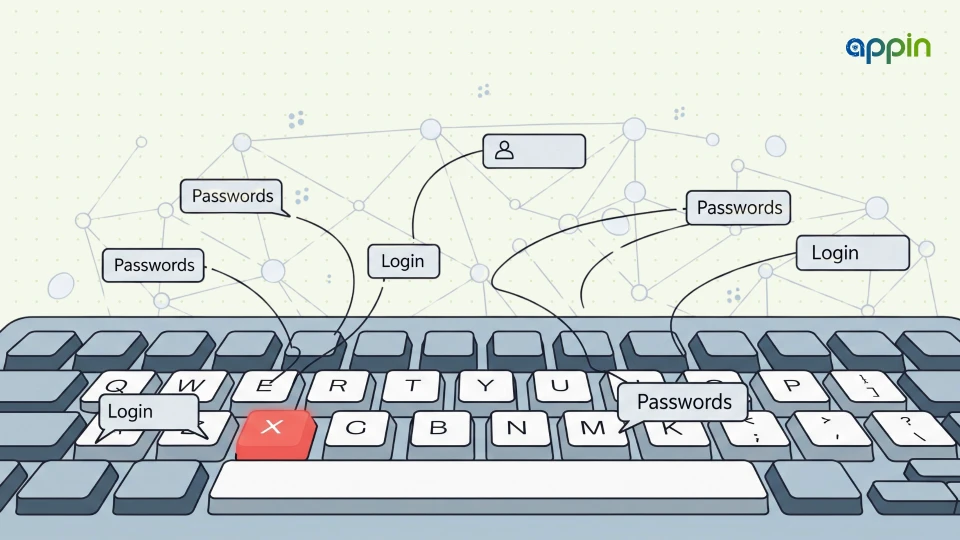Why Telegram’s “Free” Hacking Tools Look Tempting but Are Risky
At first glance, Telegram Free Hacking Tools look like an easy shortcut to mastering hacking. Many students and beginners see groups or channels offering free hacking tools with flashy claims: “Hack any account in minutes” or “Steal passwords with one click.” The reality, however, is far less attractive. Most Telegram hacking tools are unsafe and come loaded with hidden traps like malware, scams, or even legal consequences.
The danger lies in curiosity. Many young learners download these tools out of excitement or to “learn hacking fast.” Instead of gaining knowledge, they end up with infected devices, stolen data, or exposure to cybercrime.
Hacking requires structured learning, practice in safe labs, and the right guidance. Shortcuts not only fail to deliver but also put your security and career at risk.
Here are 15 hidden traps that explain why relying on Telegram’s free tools is a decision you should avoid.
15 Hidden Traps in Telegram Free Hacking Tools
Trap 1: Malware in Disguise
Many so-called Telegram Free Hacking Tools carry malware disguised as legitimate software. The moment you run the file, it can install trojans, spyware, or worms on your device. Instead of learning, you give attackers access to your system.
Signs of malware infection include slow performance, unknown background processes, or files disappearing. Beginners often ignore these red flags until it is too late. The real cost of these “free” tools is your data and privacy.
Trap 2: Data-Stealing Backdoors
Some tools secretly open backdoors on your device. While you think you are using them, the tool quietly sends your files, passwords, or browsing history back to attackers.
These dangers of free hacking tools are serious. Once a backdoor is installed, attackers can log in anytime, monitor your activity, and even control your system remotely. Recovering from such breaches often requires reinstalling your operating system.
Trap 3: Fake or Empty Tools
Many tools are nothing more than empty zip files or random scripts. They don’t perform any hacking function at all. For students eager to experiment, this feels like wasted time, but the risk is bigger. Some empty tools contain hidden scripts that start downloading malicious files in the background.
These fake tools clutter your system, waste your time, and sometimes trick you into joining more unsafe Telegram groups for “real” versions.
Trap 4: Crypto Wallet Theft
Cryptocurrency remains a big target. Several free tools shared on Telegram contain hidden code designed to steal wallet details. Once you run the program, it looks for saved credentials or copies your wallet address when you copy-paste it.
This results in funds being redirected to the attacker instead of your account. Many victims realize only after losing large amounts. Crypto-related malware in Telegram hacking tools has been one of the fastest-growing scams in recent years.
Trap 5: Keyloggers Hidden Inside
Some tools secretly include keyloggers that record everything you type. From social media passwords to banking logins, these records are silently sent back to attackers.
Keyloggers are particularly dangerous because they don’t show obvious signs. Even if the tool appears to “work,” the hidden logger keeps running in the background. This shows why trusting Telegram Free Hacking Tools is a mistake.
Trap 6: Ransomware Payloads
Not all traps are silent. Some free hacking tools lock your device completely and demand ransom to restore access. These are disguised ransomware payloads that encrypt your files and display payment instructions.
Falling for such hacking scams can mean losing important documents, photos, or even your entire system if you don’t pay. Even if you do pay, there is no guarantee attackers will unlock your files.
Trap 7: Phishing Links in “Updates”
Often, groups share phishing links under the pretense of “new updates” for tools. Clicking these links can take you to fake login portals that capture your details.
This is one of the oldest tricks in the phishing playbook. Beginners following fake instructions believe they are updating tools, when in reality, they are handing over account credentials. These fake hacking tutorials on Telegram can be devastating because they look professional but are designed to exploit trust.
Trap 8: Forced “Activation” Payments
Some tools look free at first but demand shady payments for “activation” or “premium features.” Victims often pay small amounts thinking it’s worth it, but once money is sent, nothing works.
This turns curiosity into financial loss. Attackers rely on large numbers of small payments, making this a highly profitable scam. It’s another reason why free hacking tools end up costing more than legitimate training.
Trap 9: Scammer Groups Selling Data
Many Telegram groups collect your personal details during sign-up, including emails or phone numbers, and then sell them to fraudsters. After joining, users often see an increase in spam calls or scam messages.
These groups are less about teaching hacking and more about harvesting information. In effect, by trying to learn hacking, you become the victim of hackers.
Trap 10: Fake Tutorials and Guides
Some channels share step-by-step tutorials that appear to teach hacking but are actually instructions to run malicious code. These fake hacking tutorials on Telegram are designed to trick beginners into executing commands that compromise their own systems.
Instead of learning, students end up infecting their devices. This trap is especially effective against those with little technical knowledge.
Trap 11: Demo Tools That Demand Money Later
Certain tools function partially, giving you the impression they work. But after one or two uses, they stop and demand payment for “full access.” By then, many users are convinced and end up paying, only to realize they’ve been scammed.
These are classic hidden traps in hacking tools that prey on curiosity and eagerness to see results.
Trap 12: Stolen or Illegal Scripts
Many tools are simply pirated copies of legitimate software. Using them puts you at legal and ethical risk. Running stolen scripts also exposes you to embedded malicious code.
For those serious about a career, these tools create more problems than solutions. Students should avoid such shortcuts and instead pursue recognized training like Certified Ethical Hacking programs, which provide safe and legal exposure.
Trap 13: Outdated and Ineffective Tools
A large portion of free tools are based on old exploits that no longer work against modern systems. They waste your time and create a false sense of confidence.
These outdated hacking tools 2025 show why beginners should focus on current, structured methods. Tools from years ago won’t help you understand today’s security challenges.
Trap 14: Social Engineering Traps
Some attackers pose as mentors or “team leaders,” inviting beginners to join private groups or projects. They gain trust and then manipulate learners into revealing sensitive information or credentials.
This is a form of social engineering in hacking where curiosity and eagerness are exploited. Students must remember that real mentors share knowledge through structured courses, not shady Telegram channels.
Trap 15: Legal Consequences
Perhaps the most serious trap is legal. Using unauthorized hacking tools can land you in serious trouble under Indian IT laws. What seems like harmless experimentation could lead to fines, criminal charges, or a permanent stain on your career.
The legal risks of hacking tools in India cannot be ignored. Employers will never recognize skills gained from illegal sources. Safer paths like structured training give you both skills and credibility without risk.
How to Learn Hacking Safely
Real hacking skills cannot be gained from Telegram freebies. While those groups promise quick results, they only expose you to risks like malware, scams, or even legal issues. Hacking is not about running a ready-made script, it is about understanding systems, finding vulnerabilities, and applying security practices responsibly.
The safest way to build skills is through structured learning that combines theory with hands-on experience. This includes:
- Virtual labs where you can safely practice penetration testing
- Simulators that recreate real-world attack and defense scenarios
- Guided courses taught by experts who have industry experience
Appin Indore provides multiple recognized pathways for learners who want to grow in cybersecurity:
- Cyber Security Certification – a solid foundation for beginners covering core concepts like network security, malware analysis, and cryptography
- C|EH v13 Ethical Hacker Course – one of the most respected global certifications that teaches ethical hacking techniques, penetration testing, and the latest tools
- Bug Bounty Diploma – designed for learners who want to explore vulnerability hunting and practical bug bounty programs
By choosing structured courses, you not only gain skills but also credibility. Employers recognize these certifications, and you learn in a safe environment without risking your data, devices, or future career.
Choose Safety Over Shortcuts
Telegram’s free hacking tools are not shortcuts, they are traps. Instead of helping you learn, they leave you exposed to malware, scams, and even legal problems. What looks tempting at first often costs far more in the long run.
If your goal is to build a career in ethical hacking, structured learning is the only safe path. Programs like the Cyber Security Certification, C|EH v13 Ethical Hacker Course, and Bug Bounty Diploma provide the right foundation and advanced skills that are recognized worldwide.
Hacking is about skill, practice, and responsibility, not about downloading unsafe tools from untrusted sources. By investing in proper training, you ensure your growth and protect yourself from unnecessary risks.
If you are ready to take the next step toward a secure and rewarding career in cybersecurity, inquire now and start your journey with trusted learning.






